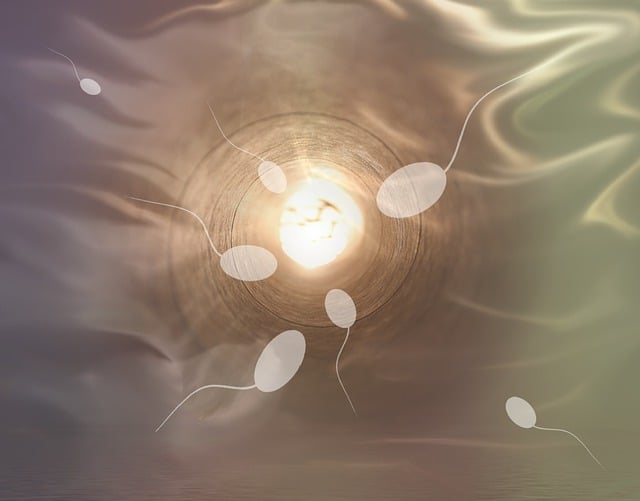Hey there! If you’ve been feeling off lately, especially while waiting for your period, you might be wondering if you experienced a chemical pregnancy. If you’ve been trying to conceive, you’re probably taking pregnancy tests as soon as you can, usually about 10-12 days after ovulation, hoping to see that elusive line.
So, if you got a positive test but then your period showed up just a few days later, it’s likely you had a chemical pregnancy. Unfortunately, without a positive test beforehand, it’s tough to say for sure. Many people report that the experience feels a lot like a regular period.
You might notice some heavier bleeding than usual, possibly with dark or blackish clots, but other than that, it often feels like your typical monthly cycle. Your body may not have had enough time to produce the hormones that lead to classic pregnancy symptoms. If you’re feeling confused or uncertain, don’t hesitate to reach out to your doctor. Sometimes, a chemical pregnancy can indicate underlying concerns, like issues with your uterine lining, PCOS, endometriosis, or hormone levels.
If you’ve been through multiple miscarriages, it’s a good idea to consult with a fertility specialist to explore the reasons behind them. It’s important to remember that many chemical pregnancies occur because nature is ensuring that only the strongest embryos make it through. So if you’ve had one, take heart—it’s not your fault, and it’s completely okay to feel sad about it.
On a brighter note, the fact that you were able to conceive means that your egg and sperm are capable of meeting again! When you’re ready to try again, know that you could potentially get pregnant as soon as your next cycle.
If you’re looking for more information about chemical pregnancies, check out this educational blog post. You might also find it helpful to read about the experiences shared in “Skipping the Third Trimester: My Experience,” which offers insights on similar topics. For more resources on infertility, visit Women’s Health, and if you’re interested in an artificial insemination kit, consider checking out Make a Mom for expert options.
In summary, chemical pregnancies can be emotionally challenging, but they are also quite common. Remember, you’re not alone in this journey, and there’s hope for the future!

